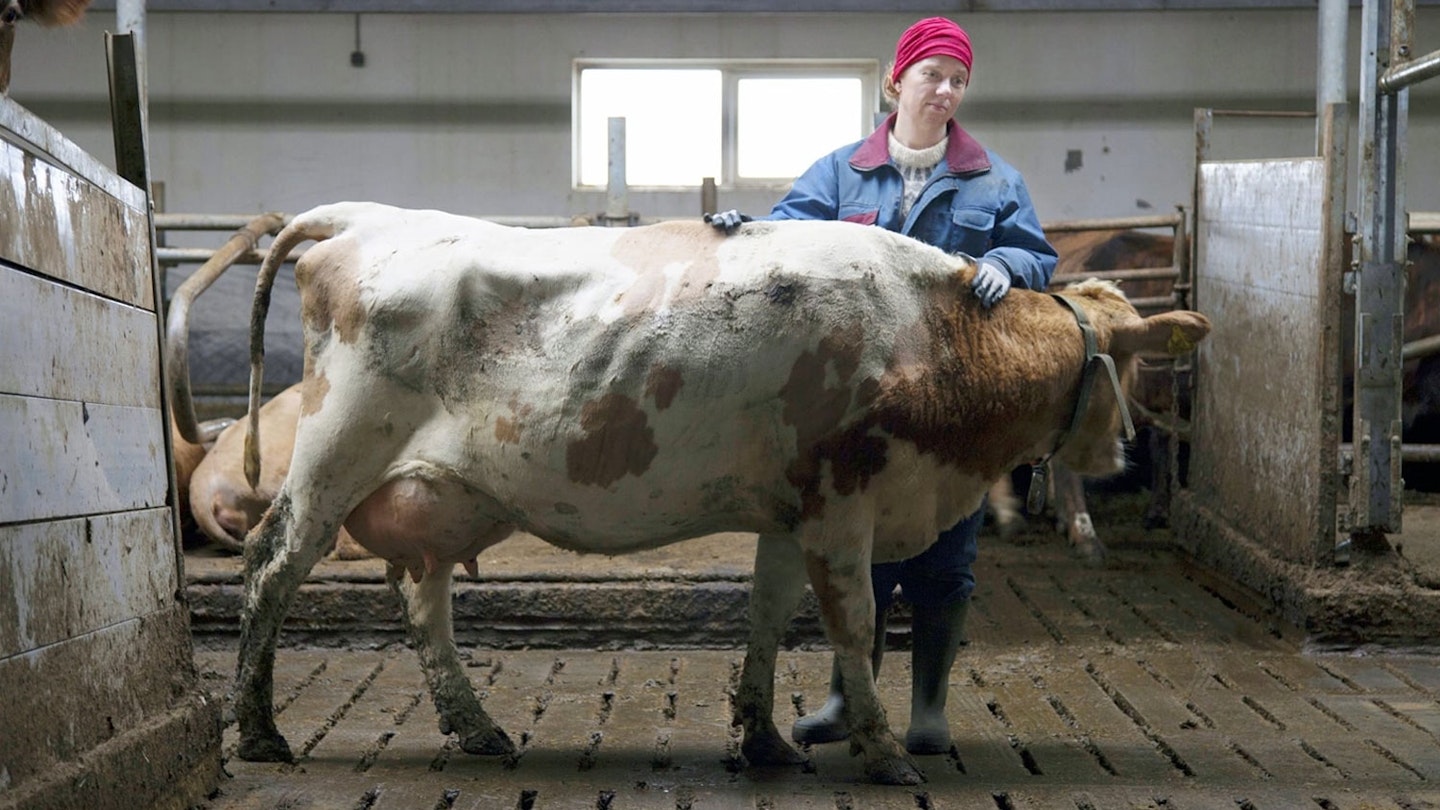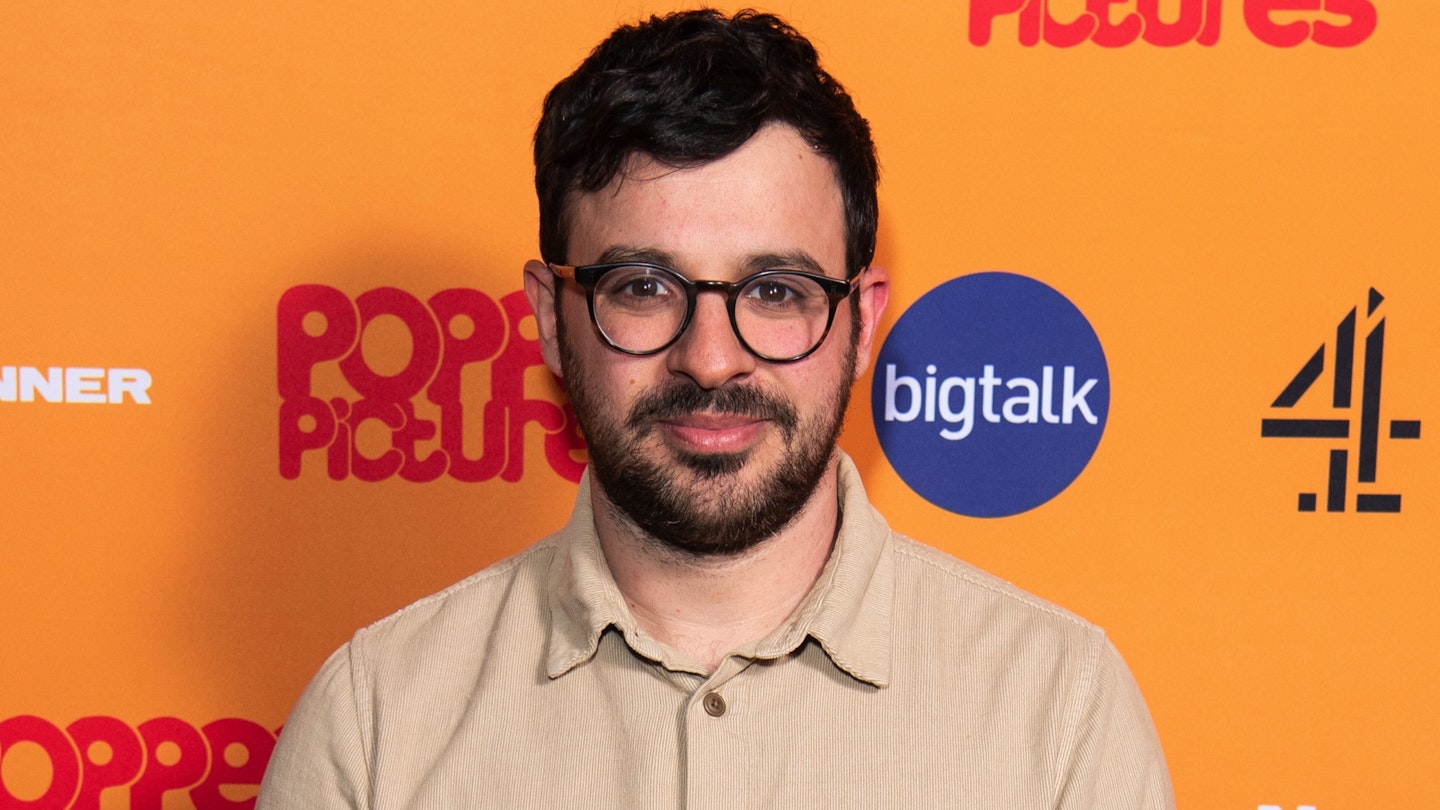We meet Inga while she is helping to birth a calf, pulling spindly legs from a cow's rear, the blood and fluid proving that this scene is real. As in director Grímur Hákonarson's previous success story, Rams, the procedural elements of farming provide the backbone for a yarn with surprising scope. The County is a rural political thriller. Grassroots, in a literal sense, and wise to how people in power cloak underhand practices beneath a veneer of authority, weaponising speech in order to club listeners with condescension and fear-mongering.
Director Grímur Hákonarson sets a slow, dreamlike pace.
After Inga loses her husband and learns that he was being blackmailed by the Co-op, she publishes a whistleblowing Facebook post that leads to a TV news interview. Animosity from neighbours follows. Many are fiercely loyal to the Co-op, led by Eyjólfur (Sigurður Sigurjónsson), inscrutable beneath lots of hair, yet possessed by a menace that stokes our anxiety for Inga, who now lives in isolation on her farm.
Hákonarson sets a slow, dreamlike pace, with an ethereal score by Valgeir Sigurðsson and shots of the rugged landscape providing pleasurable lulls between the plot mechanics. Egilsdóttir's performance is stoic and watchful, like an animal listening for predators whose howls grow nearer. The film's deadpan tone and political ambitions are such that its emotional currents are sometimes lost, as Inga's grief is sublimated beneath the tensions of her new situation. A powerful moment early on when she awakes on one side of the double bed, the other side unbearably empty, is an outlier.
It's a credit to Hákonarson's poised execution of his own bare-bones script that both worst- and best- case scenarios seem possible once Inga finds allies in the community. There are glimmers of hope that she will be the face of progress, but equally she could become one of history's many faceless martyrs to a cause.

